China’s rapid handling of indiscriminate murder cases
The speed at which recent indiscriminate murder cases in China have been tried and executed has sparked debate. Lianhe Zaobao associate editor Han Yong Hong discusses the issue.
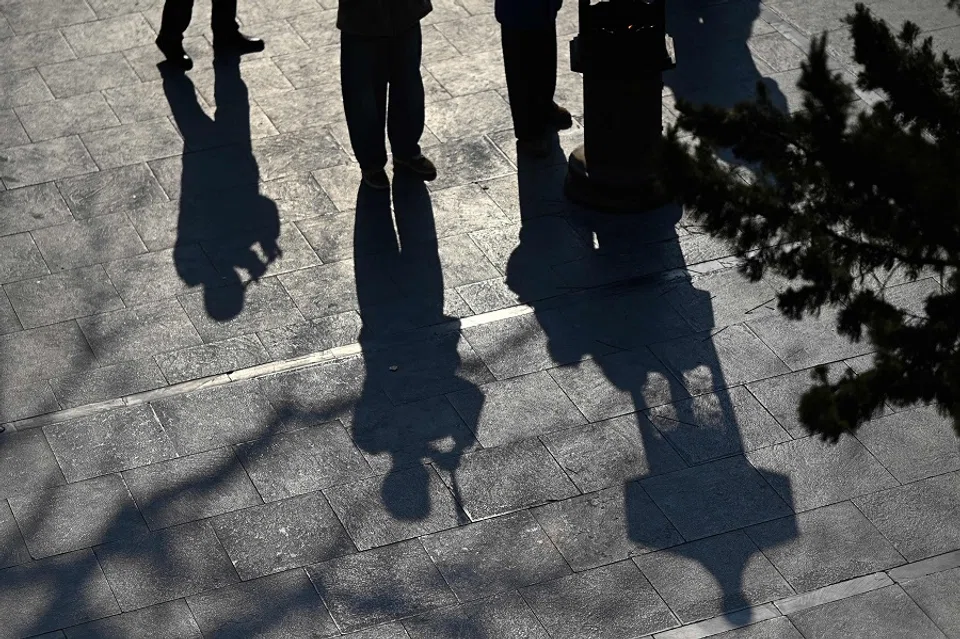
In June 2024, a shocking incident involving a Japanese mother and child occurred in Suzhou, Jiangsu province, China. It resulted in the death of a heroic female school bus guide, and the perpetrator was sentenced to death by the Chinese court on 23 January 2025.
Just a few days earlier on 20 January, the driver of an SUV involved in the vehicular attack on Zhuhai Stadium in November 2024, Fan Weiqiu, as well as the perpetrator of the Wuxi school murder case, Xu Jiajin, were both executed. The execution date for Fan Weiqiu and Xu Jiajin was only a little over two months after their crimes.
The news of Fan’s and Xu’s execution was widely lauded on the Chinese internet, with comments such as “a satisfactory result”, “deserved punishment”, “support for swift and severe action to deter criminals” and “deter copycat crimes” surfacing in online posts.
This is not surprising, as indiscriminate murder cases have occurred one after another in China, directly impacting the public’s sense of security. Naturally, people hope the authorities will quickly devise effective measures to deter these cruel and antisocial criminals. The swift sentencing and enforcement by the Chinese courts and decisiveness in breaking the chain of copycat crimes is an expression of the leadership’s zero-tolerance stance on indiscriminate killing crimes committed as a means of venting anger. However, the speed at which these two cases were handled has also caused some people to feel a tad uneasy.
A rise in indiscriminate attacks
To recap, the Zhuhai Stadium vehicular attack happened at around 8pm on 11 November 2024. The 62-year-old Fan drove his large, newly-purchased SUV into the sports complex, hitting middle-aged and elderly people exercising in formation on the track. The attack resulted in 35 deaths and 43 serious injuries. It was the eighth indiscriminate murder case in China last year, and is believed to be the most brutal one with the most casualties, drawing the attention of the highest leadership.
... in cases of indiscriminate mass casualty attacks in China, the imposition of the death penalty is not uncommon but in fact frequent.
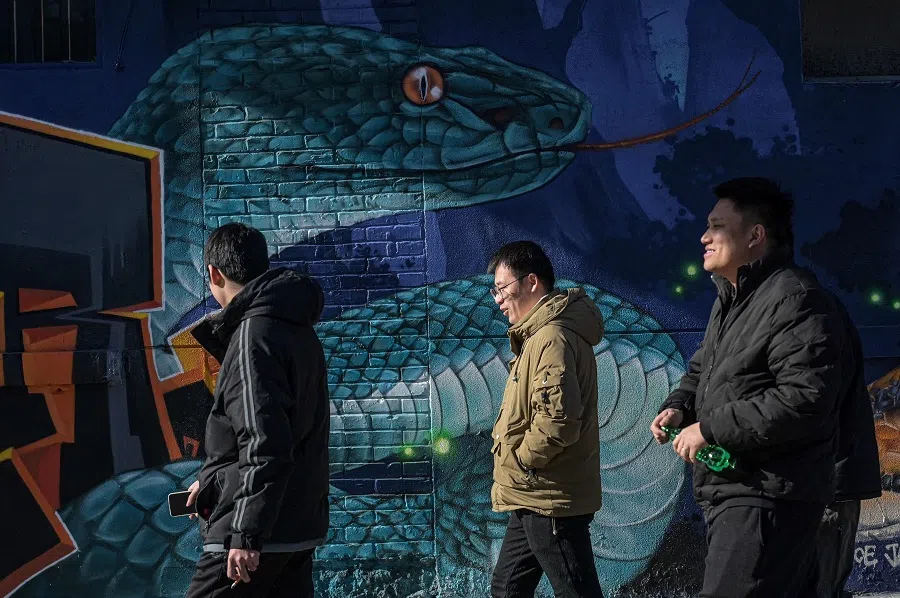
Chinese President Xi Jinping and Premier Li Qiang issued directives the very next day, demanding that the perpetrator be severely punished according to the law. They also called for the strengthening of risk prevention at the source, the resolution of social conflicts and the prevention of extreme cases. Under the political scrutiny of the highest leadership, the Zhuhai Intermediate People’s Court publicly tried the case on 27 December 2024. The court determined that Fan’s motive was “marital breakdown, disappointment in life and dissatisfaction with the divorce property settlement, leading him to vent his anger by driving into the crowd”, and sentenced him to death on the same day.
The Wuxi school murder case occurred on 16 November, just five days after the Zhuhai vehicular attack, suggesting that the Zhuhai incident could have had a copycat effect. Xu, a 21-year-old vocational school graduate, stabbed classmates with a knife, resulting in eight deaths and 17 injuries. He was sentenced to death by the Wuxi Intermediate People’s Court on 17 December, 10 days earlier than the trial and sentencing in Fan’s case.
However, Chinese media reports did not mention any “public trial” for Xu’s case, and the court did not provide a statement regarding his motive. Authoritative information about this case available to the public was limited to what the police reported after the incident — Xu acted out of frustration over failing exams, not receiving a diploma and dissatisfaction with internship pay, which prompted him to return to the school to vent his anger. While these are believed to be the facts, there is nevertheless a lingering sense that there are gaps in information, and that the truth feels somewhat incomplete.
... there was nothing unusual about the judicial process either; except for its speed, which gives the impression of being incredibly swift.
Established procedures
It must be clearly stated that in cases of indiscriminate mass casualty attacks in China, the imposition of the death penalty is not uncommon but in fact frequent. It must also be stated that murder can never be excused or justified, regardless of any grievances the perpetrator may harbour, let alone using it as a means of venting frustration upon unrelated members of the public.
The perpetrators should have also understood that they chose a path of no return upon committing the crime. Chinese media reported that both Fan Weiqiu and Xu Jiajin accepted their sentences after the court’s rulings. Also, the execution of their death sentences followed established procedures, including review and approval by the Supreme People’s Court. It should be said that they were executed according to the law, and there was nothing unusual about the judicial process either; except for its speed, which gives the impression of being incredibly swift.
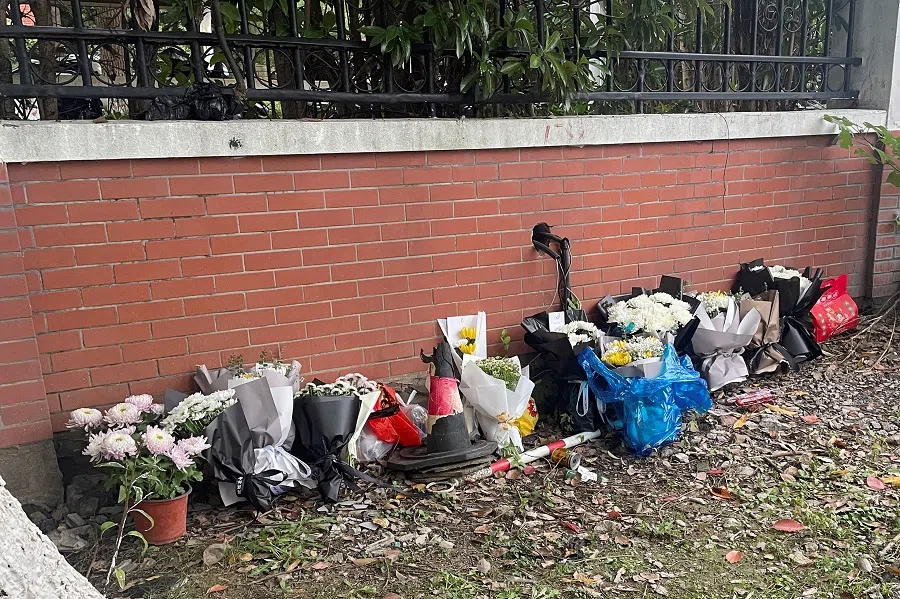
In contrast, the case of the Japanese mother and child attacked last June and the case of the ten-year-old Japanese elementary school student attacked on 18 September in Shenzhen were only tried this week. As for the Shanghai Songjiang Walmart attack on 30 September 2024, which resulted in three deaths and 15 injuries, there has been no news yet of a trial date being set.
Were these cases perhaps more complex, thus requiring more time for thorough investigations? Or with fewer casualties, were they considered less severe and thus handled not as quickly as the Zhuhai and Wuxi incidents? Was the Songjiang Walmart stabbing perhaps not expedited because it involves a migrant worker seeking unpaid wages, a situation that could be easily sympathised with? The outside world will never know the truth of such speculations. But if the latter reasons are indeed the case, it could mean that the swift handling of the Zhuhai and Wuxi incidents was driven by political considerations.
Perhaps the only remaining question is whether the perpetrators had any medically diagnosed mental health issues, and whether this factor was adequately considered during the expedited judicial proceedings.
Speed and process
As aforementioned, the government should indeed take decisive and swift action to quickly deter any copycat incidents. Besides, cases of indiscriminate murder often have clear and conclusive evidence. Perhaps the only remaining question is whether the perpetrators had any medically diagnosed mental health issues, and whether this factor was adequately considered during the expedited judicial proceedings.
If political considerations were to dictate the pace of justice, what kind of judicial system does it reflect? If a judicial system were to be one that lacks independent space and courts can mete out punishments like the death penalty for muder in over 60 days, would this make public and private enterprises feel safer or more concerned?
Honestly, there are no easy answers to these questions. In the short term, indiscriminate mass killings must be stopped as quickly as possible. In the long term, striving to alleviate the severe lack of mental health resources in China is the fundamental solution.
More psychiatrists and counsellors must be trained to maintain societal mental health in an increasingly high-pressure environment.
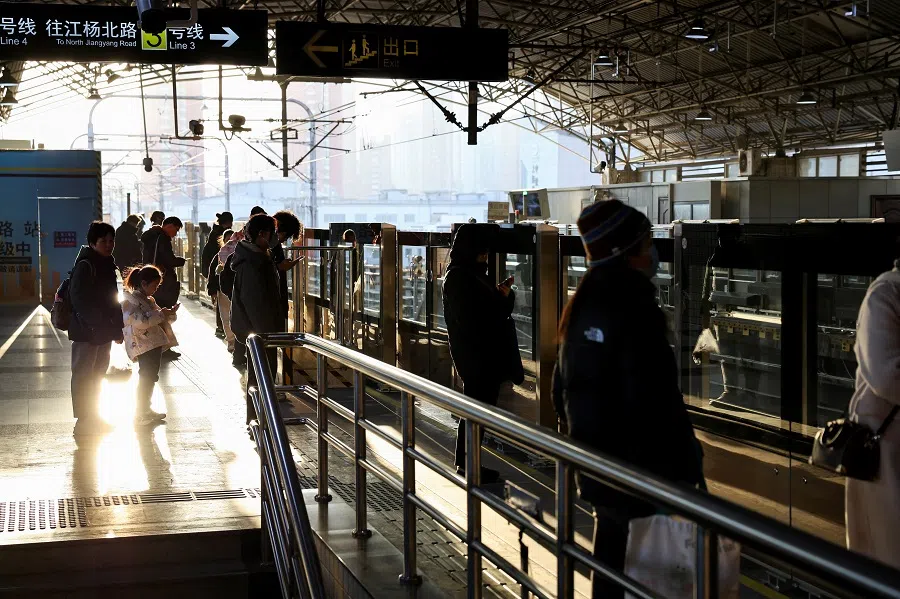
Honestly, there are no easy answers to the questions raised. In the short term, indiscriminate mass killings must be stopped as quickly as possible. In the long term, striving to alleviate the severe lack of mental health resources in China is the fundamental solution.
Statistics show that there are fewer than 40,000 practising psychiatrists in China, less than 10,000 individuals within the medical system who have passed the National Health Commission’s psychotherapist examination, and fewer than 5,000 registered psychologists. More psychiatrists and counsellors must be trained to maintain societal mental health in an increasingly high-pressure environment.
This article was first published in Lianhe Zaobao as “中国无差别杀人案的火速处置节奏”.
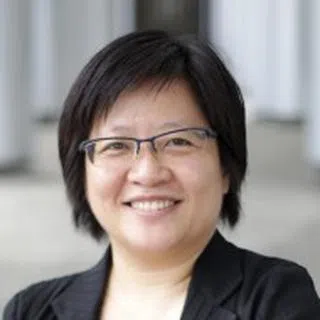


![[Big read] When the Arctic opens, what happens to Singapore?](https://cassette.sphdigital.com.sg/image/thinkchina/da65edebca34645c711c55e83e9877109b3c53847ebb1305573974651df1d13a)

![[Video] George Yeo: America’s deep pain — and why China won’t colonise](https://cassette.sphdigital.com.sg/image/thinkchina/15083e45d96c12390bdea6af2daf19fd9fcd875aa44a0f92796f34e3dad561cc)